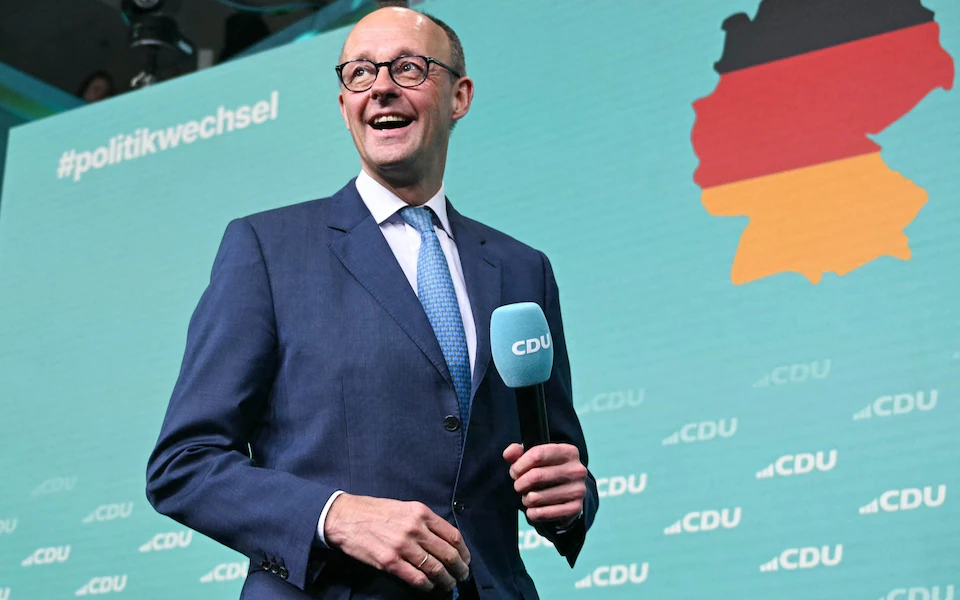 In a stark warning, Olaf Scholz, Germany’s likely next Chancellor, expressed concerns about the future of NATO, suggesting that the military alliance could face severe challenges unless its member nations unite over shared values and objectives.
In a stark warning, Olaf Scholz, Germany’s likely next Chancellor, expressed concerns about the future of NATO, suggesting that the military alliance could face severe challenges unless its member nations unite over shared values and objectives.
Scholz made these remarks during a press conference in Berlin as tensions rise in Eastern Europe and debates surrounding NATO’s mission intensify.
During his press conference, Scholz emphasized the significance of unity within NATO, stating, “If we do not stand together in the face of growing threats, we risk the very fabric of our alliance.”
The Chancellor’s comments come at a time when the geopolitical landscape is shifting, and countries are grappling with the implications of an assertive Russia and the challenges posed by China.
Scholz pointed to recent tensions in Ukraine, where NATO’s eastern flank has been increasingly tested. He noted that while NATO has historically been a stabilizing force in Europe, it must adapt to the new realities of 21st-century threats. “We cannot afford to be complacent,” Scholz remarked. “The world we live in is increasingly fragmented, and we must reaffirm our commitment to collective defense.”
Scholz also alluded to the potential for a divide among NATO members regarding defense spending and military capabilities. The Chancellor called for a renewed focus on ensuring that all member states contribute equitably to NATO’s defense initiatives. “We must ensure that all allies meet their commitments,” he urged. “Only then can we guarantee the security of our nations.”
The urgency of Scholz’s message resonated with many analysts and political leaders in Europe. Experts argue that NATO’s credibility depends on its ability to respond to both traditional and emerging threats. Political analysts have highlighted the importance of strengthening transatlantic ties and enhancing cooperation among NATO allies to deter aggression from adversaries.
In light of these challenges, Scholz’s administration is expected to advocate for an updated strategic framework for NATO, focusing on cybersecurity, hybrid warfare, and climate-related security risks. He believes that a forward-looking approach will be crucial for ensuring the longevity and effectiveness of the alliance.
Olaf Scholz’s warning about the potential decline of NATO underscores the pressing need for unity and commitment among member states in the face of evolving global threats. As geopolitical tensions escalate, it is imperative for NATO to.





















